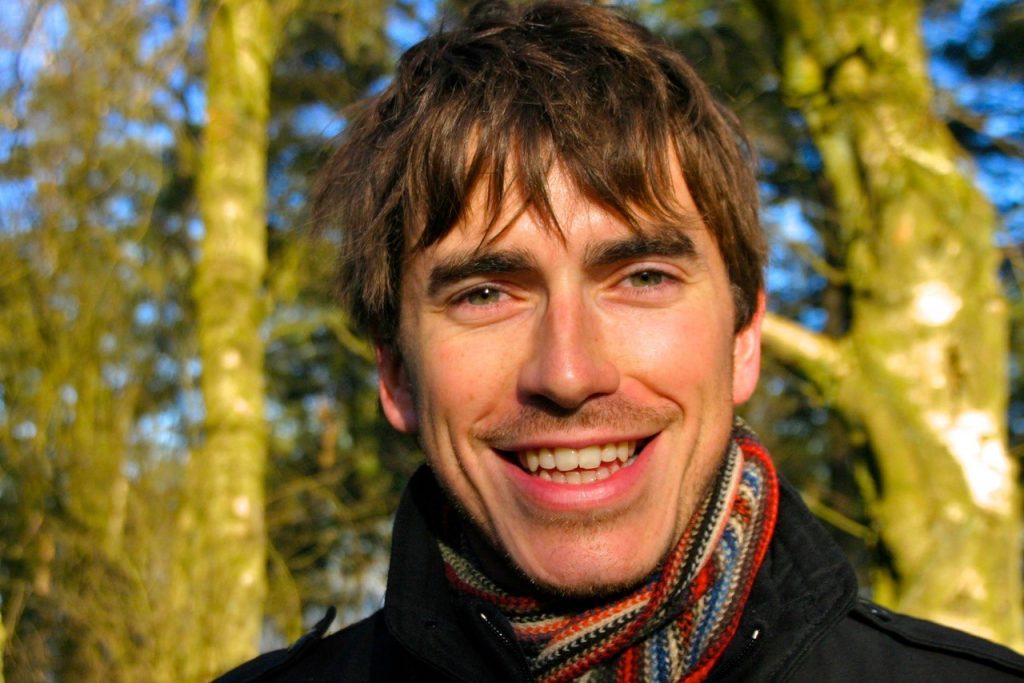Most Brits do not realise how dry the UK is
Related Articles
A nationwide survey of 2,000 British adults has revealed a paradox that 77 percent believe the UK is a ‘wet and rainy country’, but in reality our demand for water could soon outstrip supply.
The survey is part of the ‘Great British Rain Paradox’ report, which is calling on people to take action and use water more wisely.
Despite the perception of a water-rich nation, a myriad of factors are putting strain on the UK’s water supply, says the report which has been sponsored by Finish and supported by the Love Water partnership, including the Environment Agency and Water UK, with insights from Cranfield University.
These factors include population growth, increasing household consumption and climate change, which is leading to wetter winters, but dryer summers.
This is especially evident in the fact that February 2020 was the wettest on record and May 2020 was one of the driest.
Sir James Bevan, chief executive of England’s Environment Agency, said: “People might wonder how a country with such a reputation for rain like the UK could reach a tipping point where demand for water outstrips supply in just 25 years. But this may become a reality if we don’t take action to save water now.

Sir James Bevan
“The fact is a convergence of factors underpinned by climate change has led us to this frightening prospect. But if we all take concerted action now we can ensure that there will be enough water to go around for generations to come.”
The survey also found that water usage is low down on the list of current environmental concerns by the public, with plastic pollution (39%), energy consumption (22%), generation of food waste (16%), and carbon footprint (11%) all considered more important than water consumption (10%).
The report also underscores how important water is for protecting our health and stresses the importance of handwashing with soap and water amid COVID-19. Interestingly, the survey also found that since the pandemic attitudes to water and the environment may be changing.
- 83% appreciate access to clean running water for handwashing more
- 82% appreciate the natural world more
- 69% are more concerned about the environment & sustainability
- 76% are more aware of human impact on the environment
- 67% are now more willing to take action to reduce their impact on the planet
The report explains that making small, everyday changes at home are vital to avoiding future pressures on our water supplies. These changes include being mindful of running taps, taking shorter showers and fewer baths, and avoid pre-rinsing dishes before loading a dishwasher.
Commenting on the report, author and TV presenter Simon Reeve said: “This report should be a wake-up call for everyone in the UK. Future water shortages will have wide-reaching consequences on life as we know it, seriously restricting everyday household activities. Beyond that, water scarcity is already putting our natural environment under stress with significant impact on freshwater habitats and loss of biodiversity.”

Simon Reeve
“The global pandemic is a stark demonstration of just how precious water is with handwashing our first line of defence, so we need to take action to protect it. In many ways, this a positive story because we are at a point where if we change our behaviour we can positively impact the future.”
Today, daily household water usage per person is on average 143 litres, rising from 85 litres per person per day in the 1960s. If no action is taken between 2025 and 2050 around 3,435 million extra litres of water per day will be needed for public water supply to address future pressures.
The south east of England is facing the greatest pressures on public water supplies and if savings are not achieved it could develop a shortfall, leading to more frequent use of drought measures.
Christine McGourty, Chief Executive of Water UK, said: “Depending on where you live in the UK, it can feel like it’s a very rainy country, so it might be a surprise for many people that we have less available water than a lot of other nations. The south east of England actually gets less rainfall than some parts of east Africa.
“So, whatever the weather, we want to make the most of this vital resource and think carefully about the water we use, for now and for future generations. Just by making simple changes, like turning off the tap when you brush your teeth or taking shorter showers, we can all make a big difference.”
Love Water, led by the Environment Agency and Water UK, alongside its coalition of environmental supporters including businesses, water companies and regulators, together with Finish, seek to ensure that the British public have the knowledge to make small changes which together add up to a big impact.
Dr Heather Smith of Cranfield Water Science Institute, Cranfield University added: “Behaviour change is a vital part of the equation to help address looming water scarcity, but it doesn’t happen overnight. It takes time for new behaviours to become embedded as new habits, and that process often requires support and reinforcement from a lot of different sources.”

























